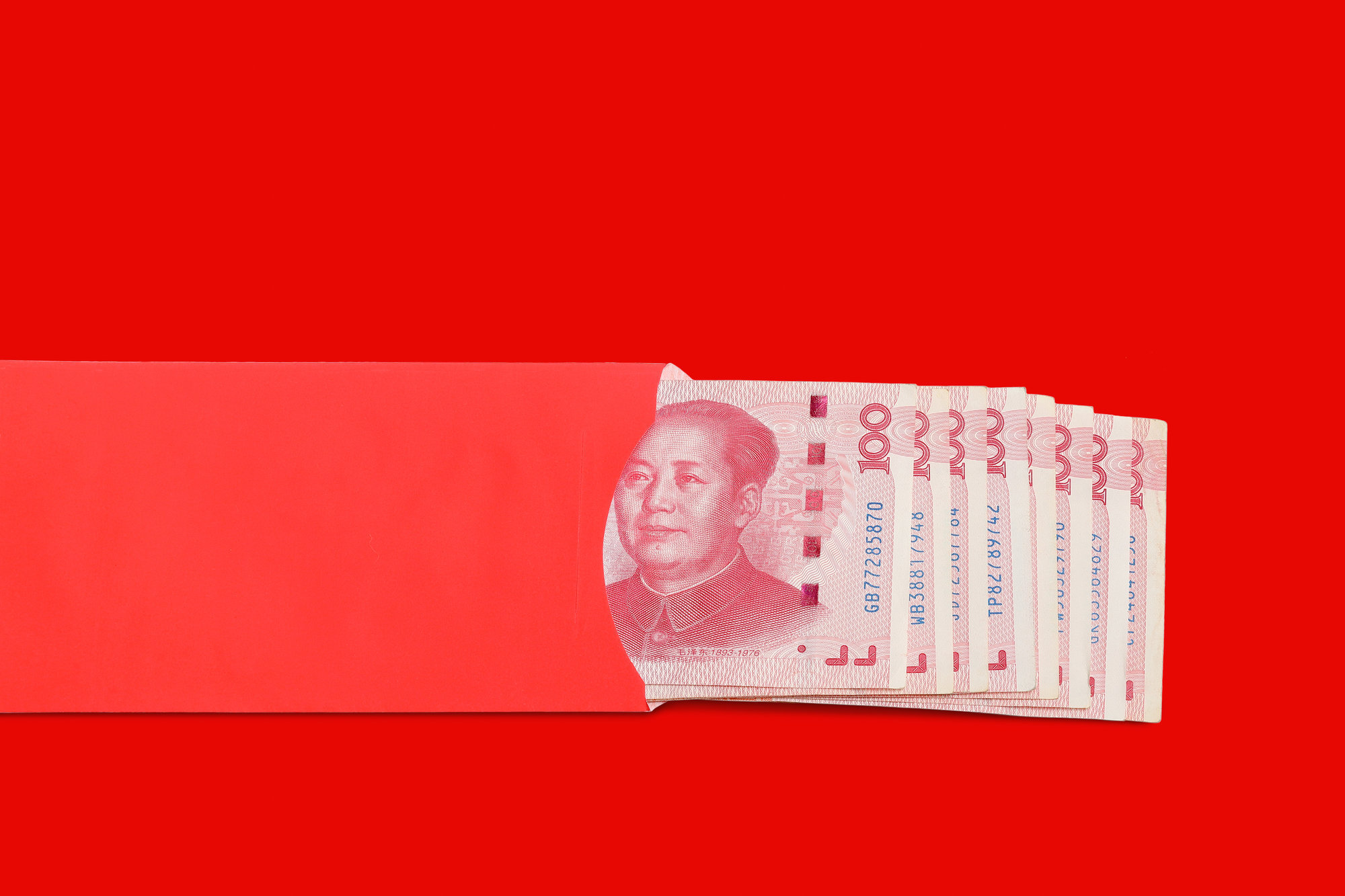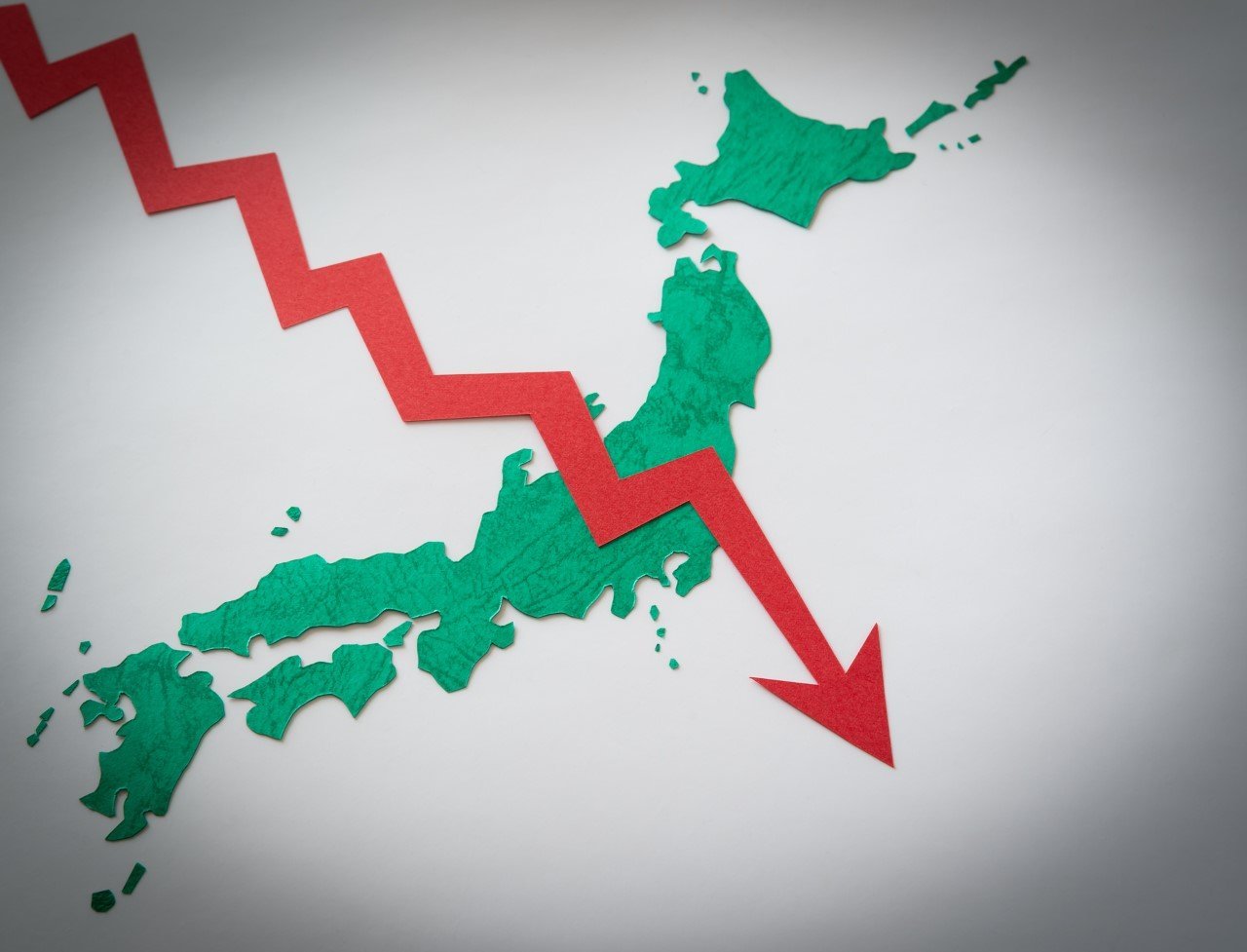2010/12/16
No. 107: Yoshikazu Shimizu, "China's Domestic Politics behind the Senkaku Incident"
There seems to be a dispute going on within the Chinese leadership over the defense of maritime resources in the East China Sea. Since the time of Deng Xiaoping, China has proposed to Japan joint development of the Senkaku Islands by setting aside the sovereignty dispute, while maintaining its territorial claim over the islands. However, nothing has been reported, either in Japan or China, of what President Hu Jintao said about the islands during his meeting with Japanese Prime Minister Naoto Kan on November 13, the first since the collision between a Chinese fishing trawler and Japanese Coast Guard vessels near the Senkaku Islands in September. It is likely that the Chinese leadership considered it wise not to mention China's stance for the moment and demanded that the Japanese side keep it from the public as well.
The People's Liberation Army has taken a hard line in this maritime power game. The PLA was the first to warn against the joint military exercises planned by the US and South Korean navies in the Yellow Sea where the sinking of a South Korean corvette took place in March. Ma Xiaotian, deputy chief of the PLA's general staff, told a Hong Kong-based television broadcaster in July that he opposed the exercises because the site was "too close to Chinese territorial waters." A week later, the Chinese government, which had until then avoided making clear its stance out of consideration for Washington, officially expressed its opposition to the US-Korea joint exercises. Amid the abnormal situation of the military determining China's foreign policy direction, a high-ranking Chinese diplomat warned that "the military should not meddle in diplomacy."
To call the situation abnormal, however, is a taboo in present-day China. The Chinese foreign policy heavyweight who cautioned against media appearances by the military was intensely attacked on websites as a "traitor." The Internet has become a mainstream outlet of public opinion in China, where the number of Internet users has exceeded 400 million. Yet we should not forget that the Internet remains under state control and that only those strong opinions that arouse patriotic feelings are allowed to go public. Chinese people are venting their frustrations by attacking "traitors" with patriotic fervor, which in fact is providing ammunition for the hardline foreign policy advocated by the military.
The PLA is an unusual military for a modern state. It is supported by public finance, but recognizes itself as the military arm of the Communist Party of China (CPC). The PLA holds the view that making the military a state organ is a dangerous idea. Among the 12 members of the CPC's Central Military Commission, which holds supreme command, all but two - President and CPC's General Secretary Hu Jintao serving as chairman and Vice President Xi Jinping serving as vice-chairman - are uniformed officers. The National People's Congress and the central government are virtually excluded from military policy-making. The structure reminds us of the prewar Japanese military, which assumed supreme power over military policy by rejecting the involvement of the Cabinet and parliament on the basis of the supreme command residing with the Emperor.
The control of the military has been a thorny problem since the top military position was assumed by Jiang Zemin, the former CPC General Secretary, and then by Hu Jintao. Unlike Mao Tsetung and Deng Xiaoping, who led Chinese revolutions, the two men had no military background. Thus, in order to retain their positions, they needed to cater to the demands of the military such as by permitting the double-digit growth of the defense budget for 21 consecutive years and promoting officers more often than before. Even if Hu steps aside as CPC General Secretary and is succeeded by Xi Jinping at the 18th CPC Congress in 2012, he may well want to retain influence by remaining the chairman of the Central Military Commission for a further two years just as his predecessors, Deng and Jiang, had done. Such ambition will only make it more difficult for him to ignore the hardline policy of the military.
The collision incident near the Senkaku Islands reminds the Chinese people of the fact that Beijing has long acquiesced in Tokyo's valid control over the islands despite the official territorial claim over them. The incident also became a learning experience for the Chinese leadership, showing that pressure works better than cooperation. Even if Hu wants to improve relations with Japan, he is likely to encounter strong opposition from the party, the government and the public. Anti-Japanese demonstrations that have spread into rural areas since mid-October attest to this. To cope with these growing hardliners within the Chinese leadership, Japan needs to come up with a strategy designed to hedge against and encourage China to pursue cooperative diplomacy by coordinating with Washington and neighboring countries.
Yoshikazu Shimizu is Editor-in-Chief of the Tokyo Shimbun.
The views expressed in this piece are the author's own and should not be attributed to The Association of Japanese Institutes of Strategic Studies.





